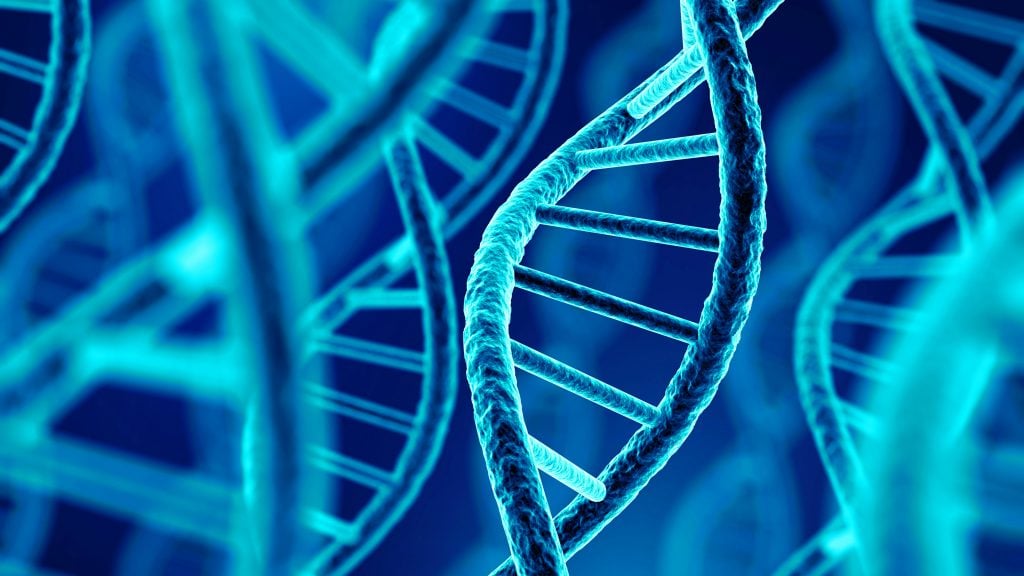
IPFS News Link • Bitcoin
Bitcoin Cold Storage in DNA
• https://news.bitcoin.comSavvy Bitcoiners know: whoever controls keys and passphrases, controls the coins. As cryptocurrency becomes part of everyday life and investment, enthusiasts are increasingly searching for unique, secure ways to store access to their digital assets. Enter Carverr, the startup claiming to keep passwords and keys in a microtube of deoxyribonucleic acid (DNA). It's just so crazy sounding it might work.
Store Bitcoin Passwords in DNA
Some keep them on hard drives; others, paper, separated, and in two locations. Still others employ complex safety deposit box schemes. Indeed, as cryptocurrency takes on greater significance in more financial plans, what to do with essential access to it becomes of utmost importance.
Carverr is offering what it calls a "DNA-based cold storage for digital currencies. Our system is the safest method of cold storage on the planet, developed by a group of experienced asset managers and biotechnologists." They believe their storage idea is one of a kind, transforming "data from digital information to biological, and therefore requires no software updates or internet connection," according to their website.

Cold storage, the practice of keeping crypto details away from a 'hot' wallet, one connected to the internet, seems to a safer practice all around. Though not entirely foolproof, coming with its own challenges, cold storage is the preferred method for security minded enthusiasts. "Since it lives off-line," the company explains, "it is protected from hackers and because your code is contained in a strand of DNA it can never become obsolete, unlike other cold storage wallets. Even storing your digital codes in-offline servers in a mountain means at some point, those servers will become obsolete and require updates. Carverr's DNA system is a one and done solution that ensures your code outlives you."
Clients begin their DNA storage journey by the most dangerous of possible scenarios: they send either their "passcode, passphrase or private key" to the company. "This is done through an encrypted messaging service based in Switzerland. You don't need to tell us what your passcode is for," Carverr notes. "Feel free to alter your code before sending it to us. We do not verify the context of your passcode, we only convert whatever code you provide to us into DNA."

































